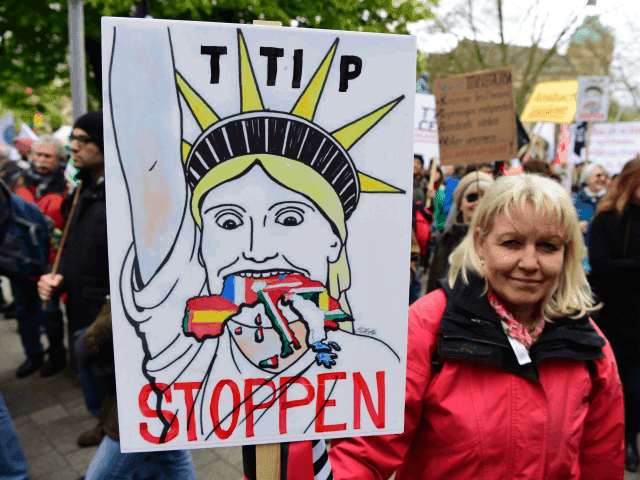From the Financial Times:
Globalisation is failing in advanced western countries, where a process once hailed for delivering universal benefit now faces a political backlash. Why? The establishment view, in Europe at least, is that states have neglected to forge the economic reforms necessary to make us more competitive globally.
I would like to offer an alternative view. The failure of globalisation in the west is in fact down to democracies failure to cope with the economic shocks that inevitably result from globalisation, such as the stagnation of real average incomes for two decades. Another shock has been the global financial crisis — a consequence of globalisation — and its permanent impact on long-term economic growth.
In large parts of Europe, the combination of globalisation and technical advance destroyed the old working class and is now challenging the skilled jobs of the lower middle class. So voters’ insurrection is neither shocking nor irrational. Why should French voters cheer labour market reforms if it could result in the loss of their jobs, with no hope of a new one?
…Nor is their any factual evidence that countries that have reformed are performing better or are more able to cope with a populist insurrection. The US and the UK have more liberal market structures than most of continental Europe. Yet the UK may be about to exit the EU; in the US the Republicans may be about to nominate an extreme populist as their presidential candidate. Finland leads all the competitiveness rankings but the economy is a non-recovering basket case — and it has a strong populist party. The economic impact of reforms is usually subtler than its advocates admit. And there is no straight connection between reforms and support for established political parties.
My diagnosis is that globalisation has overwhelmed western societies politically and technically. There is no way we can, or should, hide from it. But we have to manage the change. This means accepting that the optimal moment for the next trade agreement, or market liberalisation, may not be right now.
…A no to TTIP would at least remove one factor behind the surge in anti-EU or anti-globalisation attitudes. The marginal economic benefits of the agreement are outweighed by the political consequences of its adoption.
What advocates of global market liberalisation should recognise is that both globalisation and European integration have produced losers. Both were supposed to produce a situation in which nobody should be worse off, while some might be better off.
That did not happen. We are close to the point where globalisation and membership of the eurozone in particular have damaged not only certain groups in society but entire nations. If the policymakers do not react to this, the voters surely will.
Read the rest of Wolfgang Münchau’s piece here.

COMMENTS
Please let us know if you're having issues with commenting.